International Women’s Day 2024 celebrates unity, celebration, and reflection on the strides made towards gender equality and the hurdles yet to be overcome. It’s a day dedicated to honoring the indomitable spirit of women across the globe, recognizing their contributions, and acknowledging their struggles in the face of societal, cultural, and economic challenges. This year, we embark on a global journey that traverses continents and cultures, exploring the lives of women who are the custodians of their communities’ traditions, the pioneers of change, and the vanguards of the future.
From the Maasai women of East Africa to the tech pioneers of Silicon Valley, each story is a testament to women’s resilience, strength, and diversity worldwide. “Empowering Her Voice” sheds light on women’s multifaceted roles, achievements, and the collective need to support and celebrate women’s rights and empowerment on International Women’s Day and beyond.
Join us in this exploratory guide that honors women’s contributions and advocates for a world where every woman’s voice is heard, respected, and celebrated.
1. The Maasai Women of Kenya and Tanzania
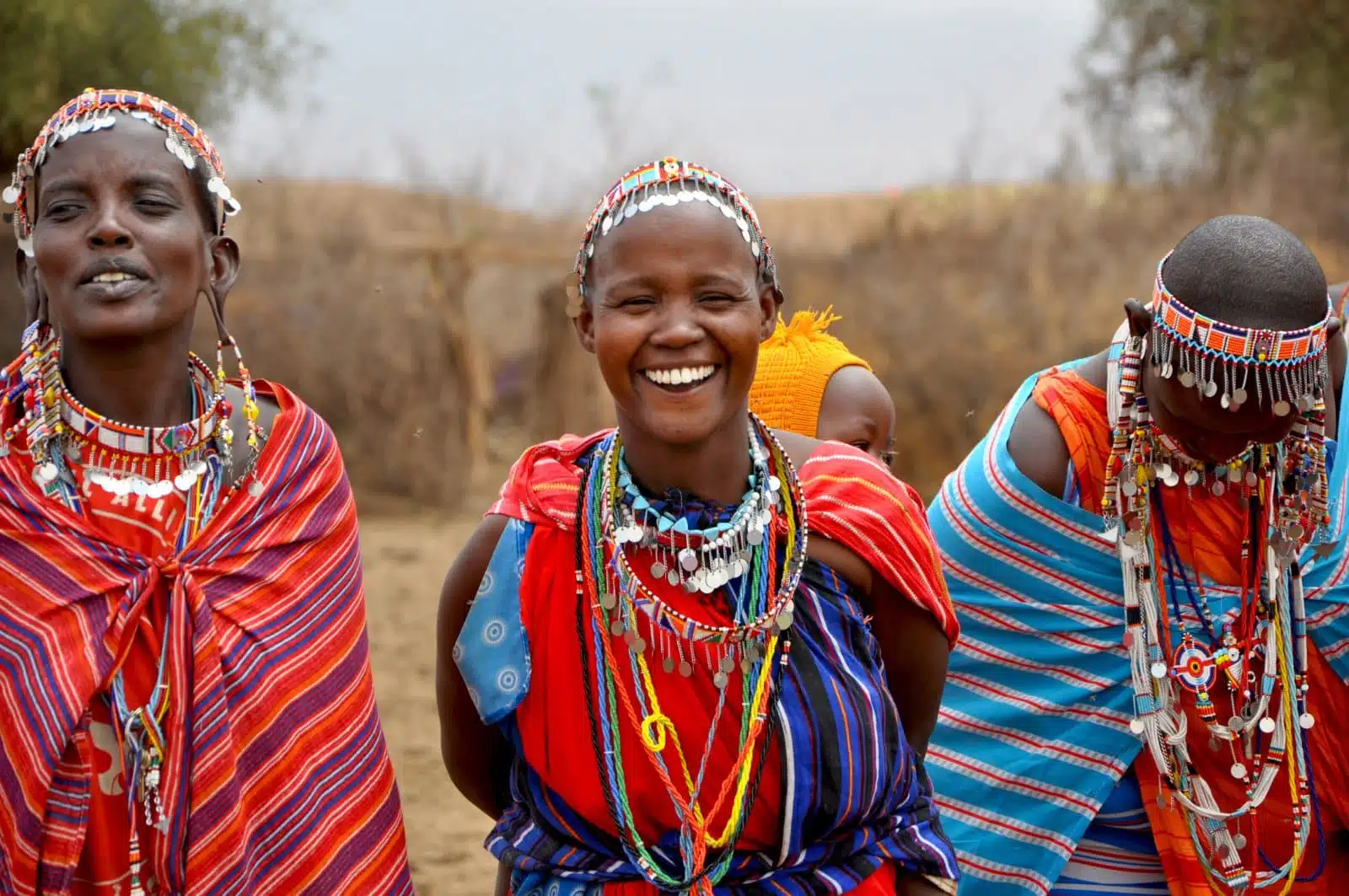
Image Credit: Shutterstock / Piu_Piu
In the vibrant savannahs of Kenya and Tanzania, the Maasai women are pillars of resilience and guardians of their rich cultural heritage. Traditionally, their roles have been circumscribed to the domestic sphere, but today, they navigate the intricate balance between preserving age-old traditions and embracing the future. Initiatives led by Maasai women in education and healthcare reform are monumental, showcasing their role in community development. Spearheaded by women leaders, educational programs for girls challenge the status quo, providing the next generation with the tools to dream bigger. Healthcare projects, often run by women, are making strides in improving maternal health, demonstrating the profound impact of empowering women on community well-being. These endeavors are not without challenges, yet the Maasai women’s journey towards empowerment is a beacon of hope and a testament to their unyielding spirit.
2. Women of the Sámi Culture in Scandinavia

Image Credit: Shutterstock / V. Belov
In the frost-kissed landscapes of Scandinavia, the Sámi women are the custodians of a culture that whispers the ancient tales of the Arctic. Their contributions to reindeer herding, a tradition at the heart of Sámi life are integral to its continuation. The art of duodji, Sámi handicrafts, is where women’s creativity and precision breathe life into materials, crafting objects of beauty and utility. Amidst the challenges posed by modernity and climate change, Sámi women are also at the forefront of efforts to preserve their language and traditions, ensuring their heritage thrives for future generations. Their story is one of resilience, and strength embedded in their cultural identity.
3. The Ainu Women of Japan
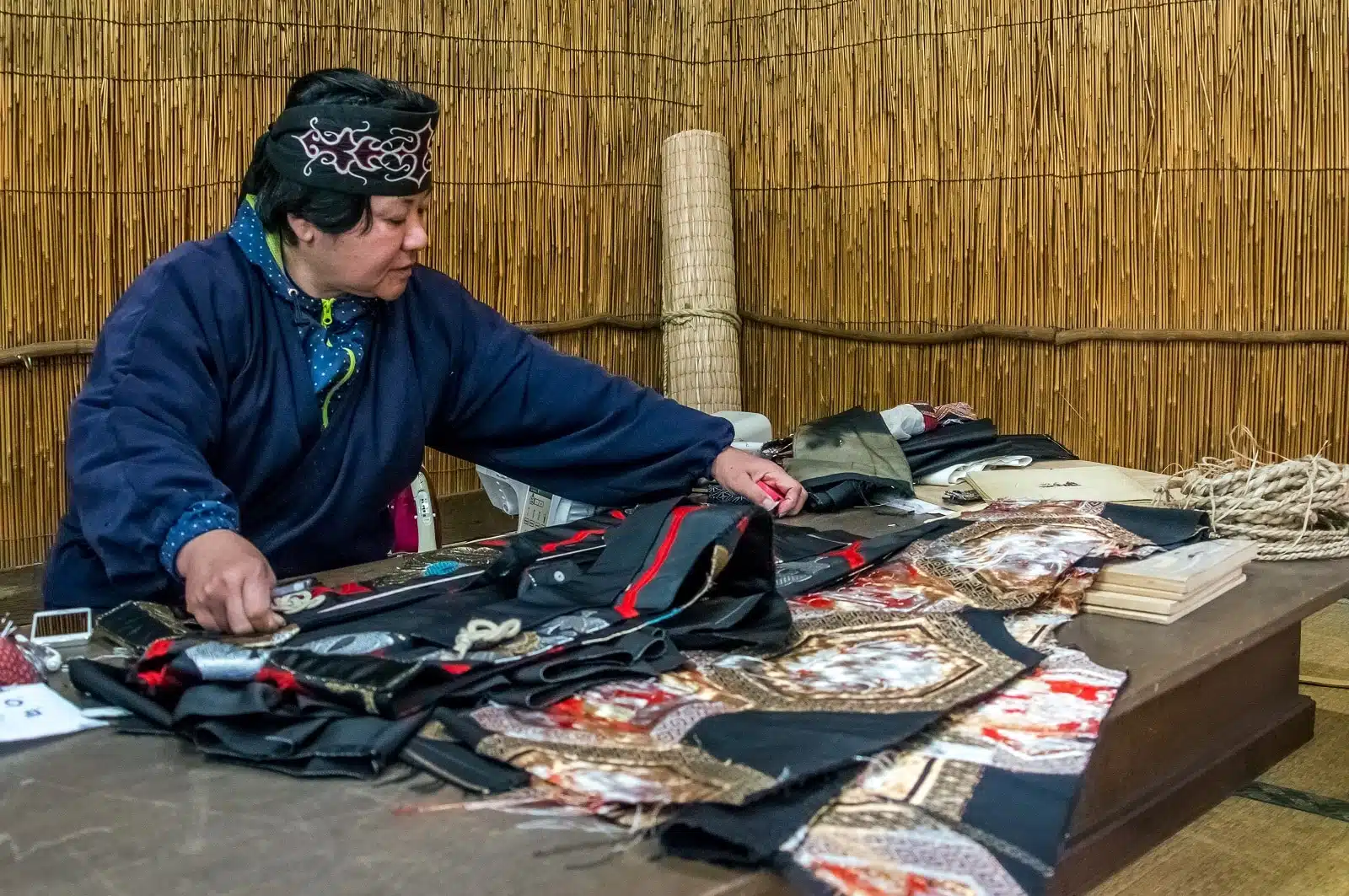
Image Credit: Shutterstock / Stray Toki
On the northern island of Hokkaido, Japan, the Ainu women are the weavers of history, preserving their indigenous culture through the intricate art of garment weaving, storytelling, and the revitalization of the Ainu language. Amidst centuries of marginalization, Ainu women have emerged as the preservers of their heritage, ensuring the survival of their people’s identity through their looms and the stories passed down through generations. Initiatives to revive the Ainu language, often led by women, are crucial in keeping the spirit of the Ainu people alive, as language is the soul of their culture. Their efforts underscore the importance of women in cultural preservation, highlighting their role as educators, artists, and keepers of tradition in the face of globalization.
4. Indigenous Women of the Amazon Rainforest
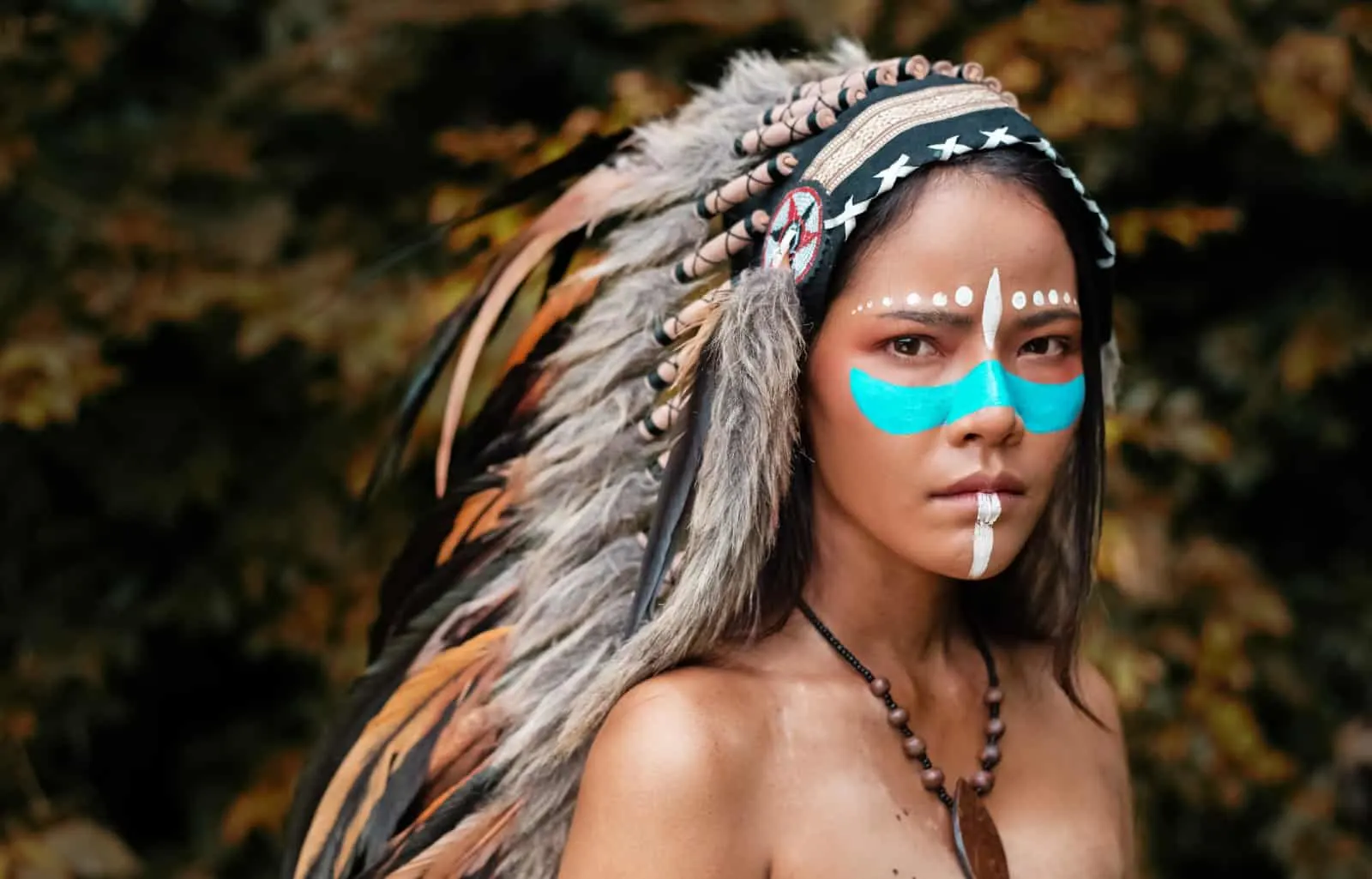
Image Credit: Shutterstock / February_Love
Indigenous women of the Amazon Rainforest are at the forefront of the battle to preserve one of the planet’s most vital ecosystems. Their deep-rooted understanding of the rainforest’s intricacies is crucial for their communities’ sustenance and plays a significant role in the global fight against climate change. These women are leading grassroots movements to combat threats like deforestation, illegal mining, and bio-piracy, which endanger their homes and heritage. Initiatives that support their autonomy, such as legal recognition of land rights and participation in environmental governance, highlight the intersection of indigenous rights and environmental conservation. Celebrating these women’s leadership and resilience offers insights into the power of combining traditional knowledge with modern conservation efforts to protect our planet.
5. The Bedouin Women of the Middle East
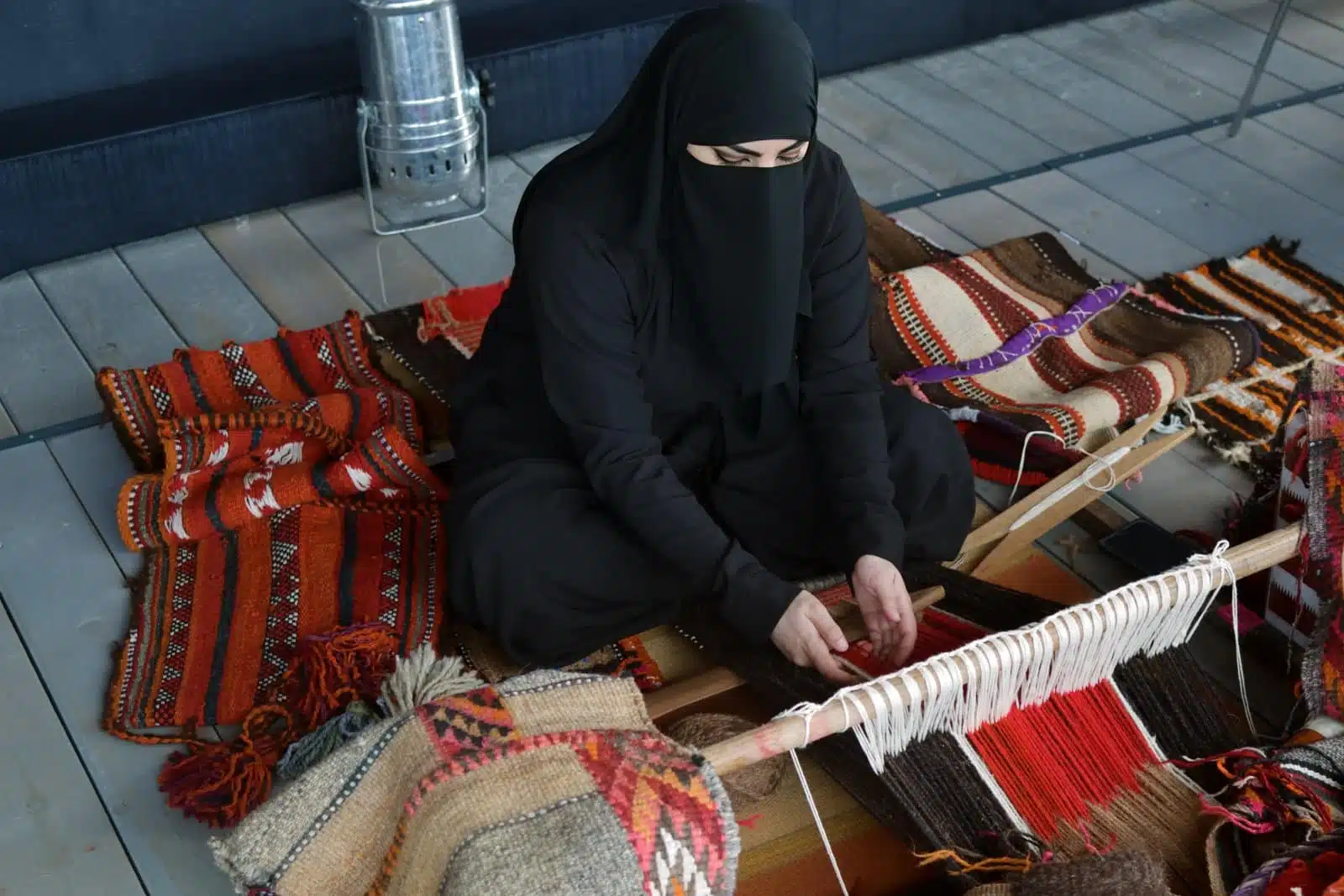
Image Credit: Shutterstock / Oleg Znamenskiy
Bedouin women, traditionally nomadic peoples of the Middle Eastern deserts, are navigating the delicate balance between heritage preservation and modernization. While they continue to uphold their roles in traditional society, including handicrafts and oral storytelling, there’s a growing movement towards embracing education and entrepreneurship. Literacy programs, craft cooperatives, and small businesses are empowering Bedouin women, providing them with new avenues for economic independence while ensuring the survival of their rich cultural identity. These initiatives offer Bedouin women a platform for self-expression and play a crucial role in sustaining the cultural fabric of their communities in a rapidly changing world.
6. The Hmong Women of Southeast Asia
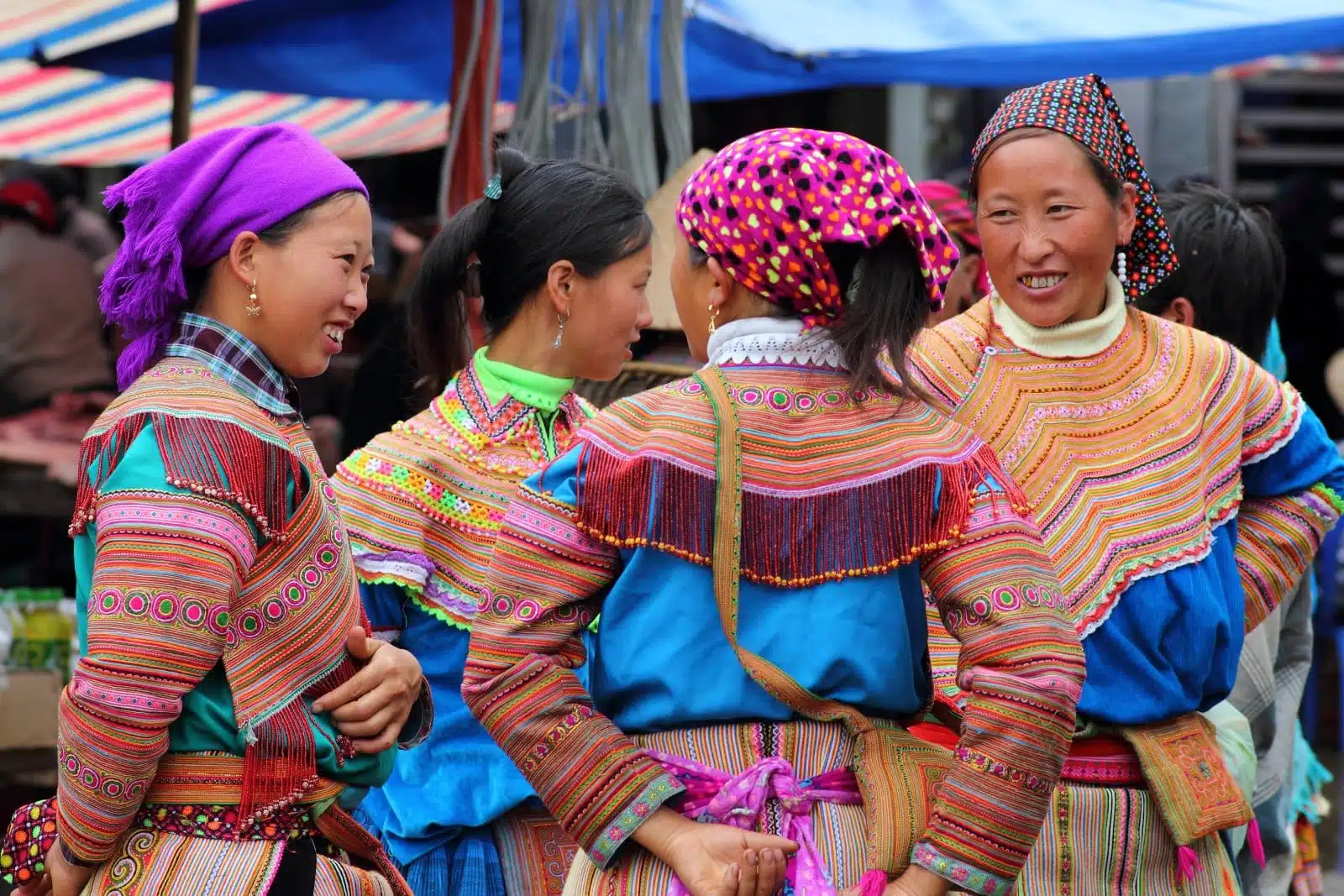
Image Credit: Shutterstock / Ye Choh Wah
In the highlands of Southeast Asia, Hmong women are the custodians of a textile tradition that weaves the story of their culture into vibrant patterns and colors. Their exquisite artistry in needlework and batik serves as a vital source of income and cultural expression. In facing modern challenges, Hmong women are leveraging their traditional skills to carve out spaces in the global market, participating in fair trade and cultural exchange programs that recognize their craftsmanship. Educational initiatives aimed at preserving their heritage while equipping young Hmong women with new skills are ensuring the continuity of their traditions amidst the pressures of globalization.
7. Women of the Kalahari Desert, Botswana
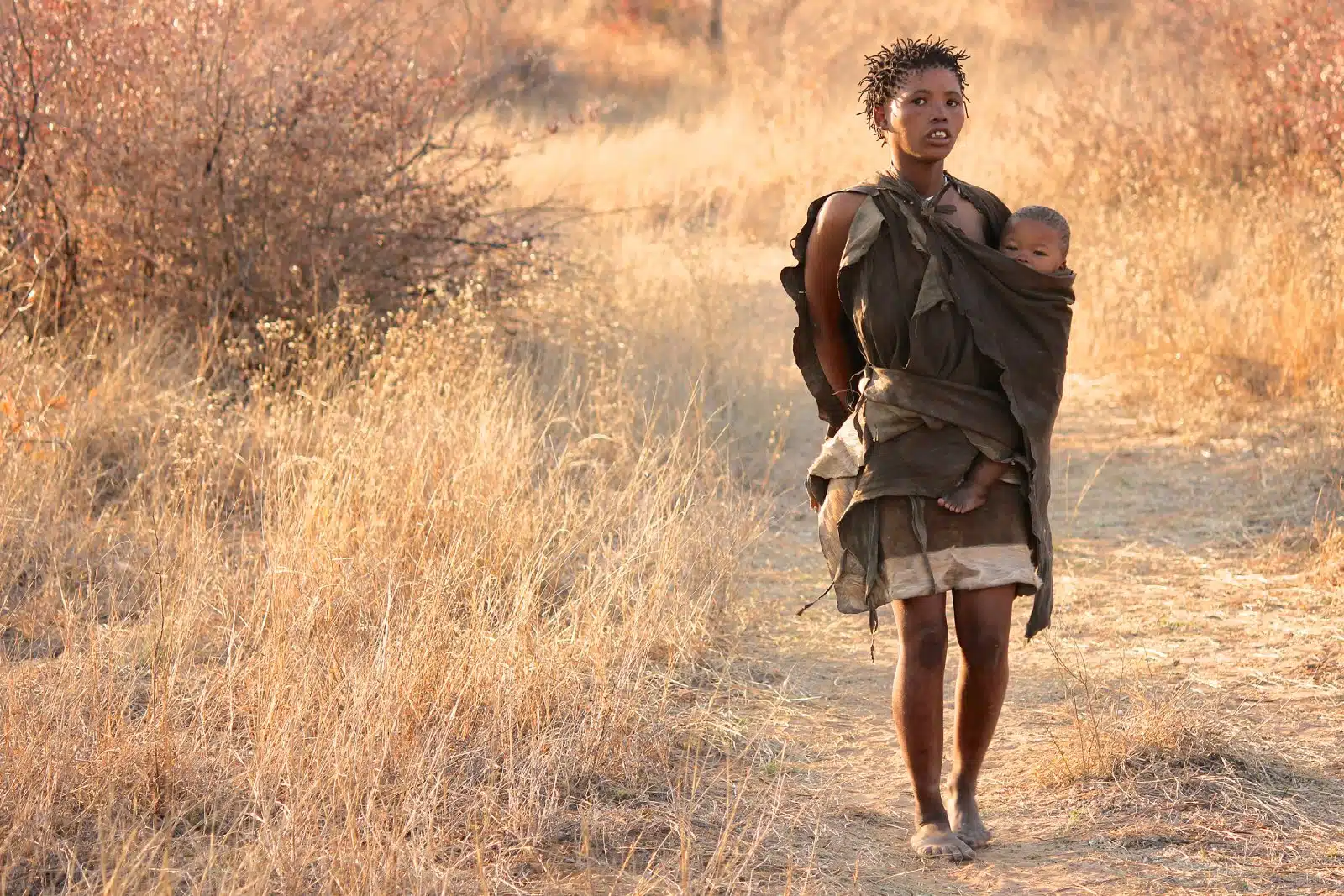
Image Credit: Shutterstock / Rickson Davi Liebano
The San women of the Kalahari Desert possess unparalleled knowledge of their environment, utilizing the desert’s flora for nutrition, medicine, and sustenance. This intimate understanding of nature passed down through generations, is critical for the survival and well-being of their communities. However, the encroachment of modernity challenges their traditional way of life. Efforts to document and share this knowledge are crucial in preserving it for future generations. Empowerment through education and sustainable tourism initiatives offers San women avenues to share their heritage while advocating for their rights and protecting their ancestral lands.
8. The Matriarchal Society of the Minangkabau, Indonesia
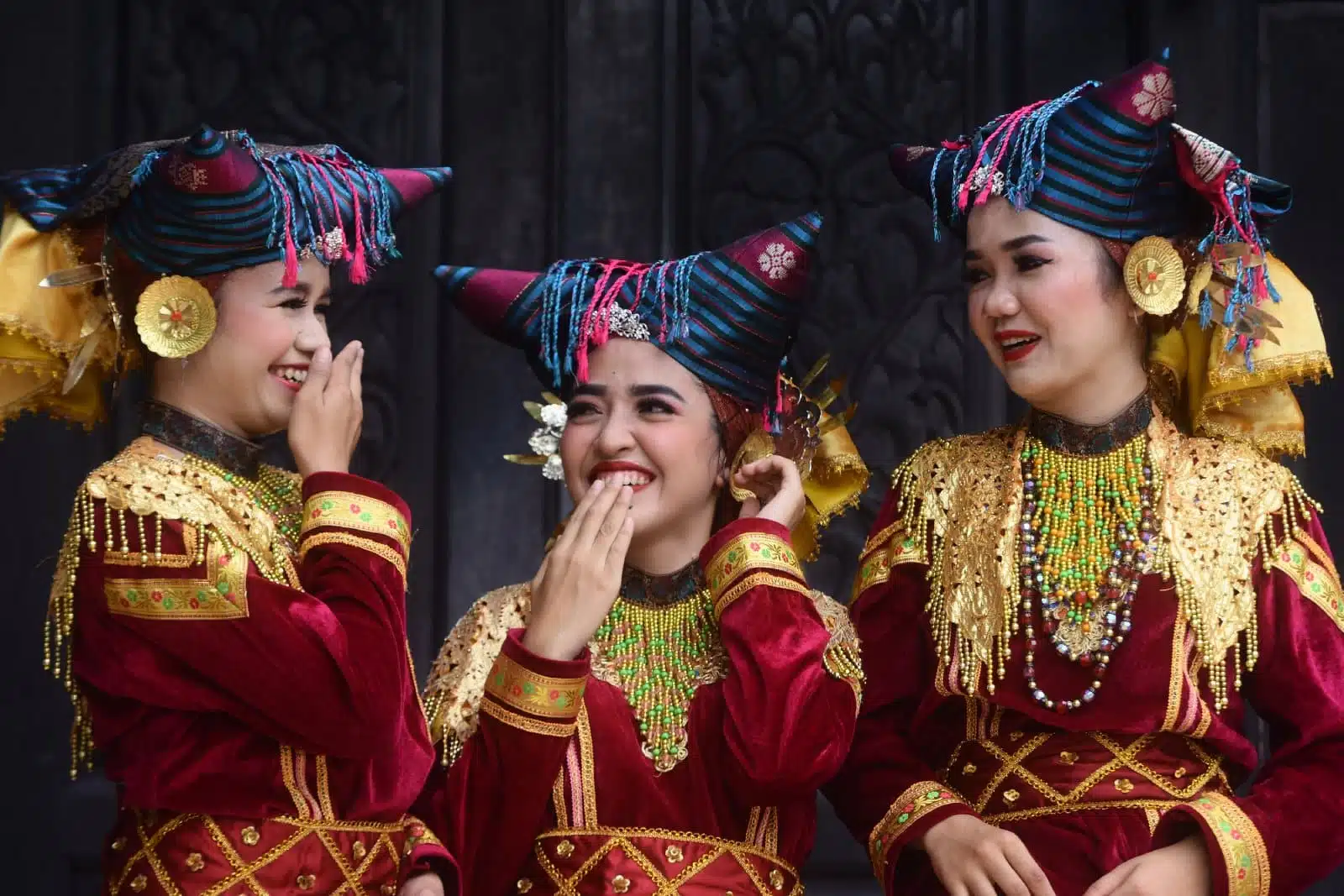
Image Credit: Shutterstock / MUHAMMAD AFFAN BIN FAUZI
The Minangkabau of West Sumatra represents one of the few matrilineal societies where women play central roles in family and community life. This unique social structure sees property and familial lineage passed through the female line, empowering women with significant social and economic responsibilities. Contemporary Minangkabau women are finding ways to integrate modern career aspirations with their cultural roles, navigating the complexities of modern Indonesian society while upholding their matriarchal heritage. Educational and entrepreneurial initiatives within the community support women’s leadership and innovation, ensuring the vitality of Minangkabau culture in a changing world.
9. The Women of Iceland
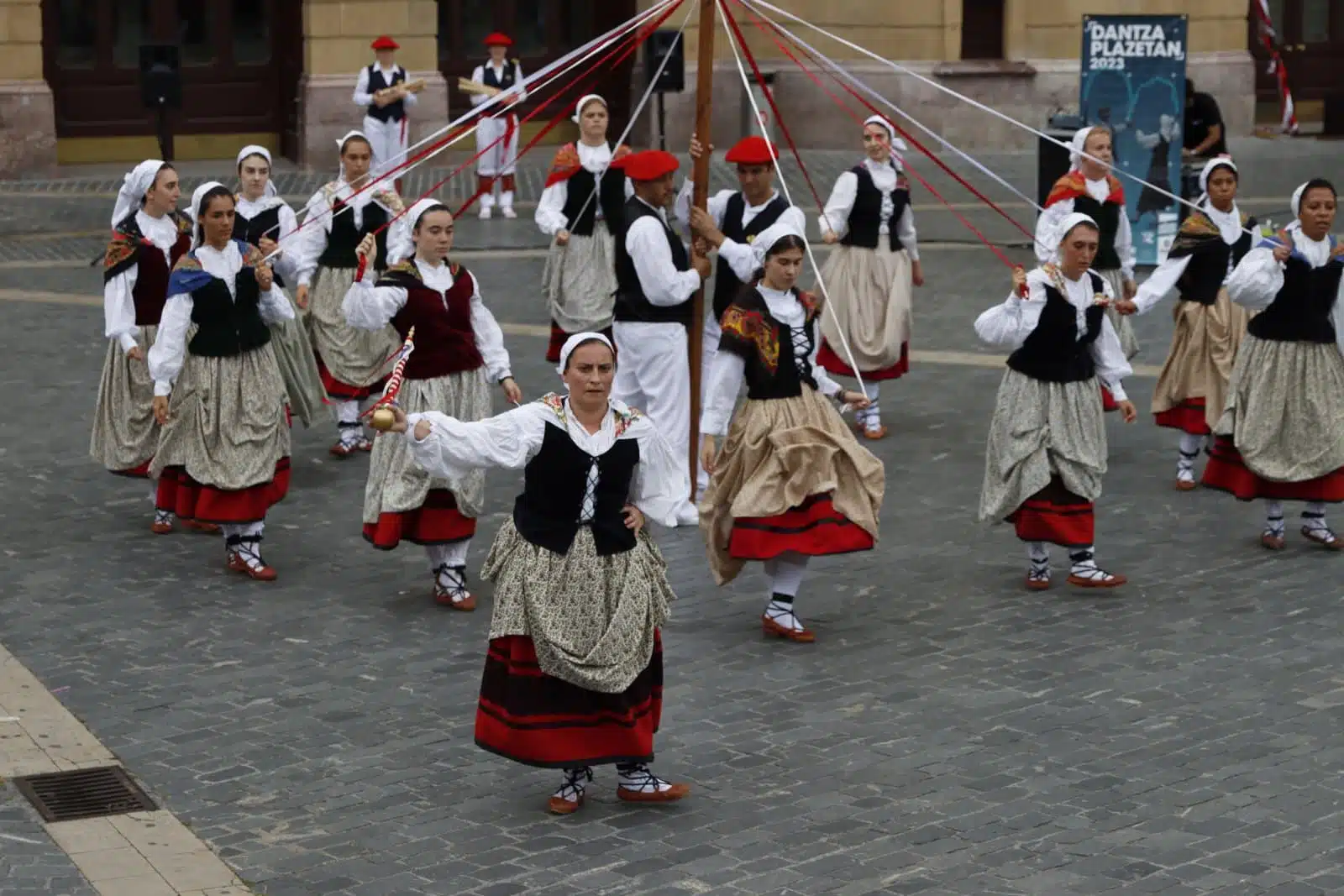
Image Credit: Shutterstock / Laiotz
Iceland stands as a global leader in gender equality, thanks in no small part to the active participation of Icelandic women in all aspects of society, politics, and the economy. This Nordic nation has implemented progressive policies and cultural practices that have broken down barriers for women, establishing a model for gender parity. The achievements of Icelandic women, from political leaders to activists in the feminist movement, have been instrumental in creating an egalitarian society. Yet, the continuous push for equality in areas like wage parity and representation in STEM fields highlights that the journey is ongoing.
10. The Quechua and Aymara Women of the Andes
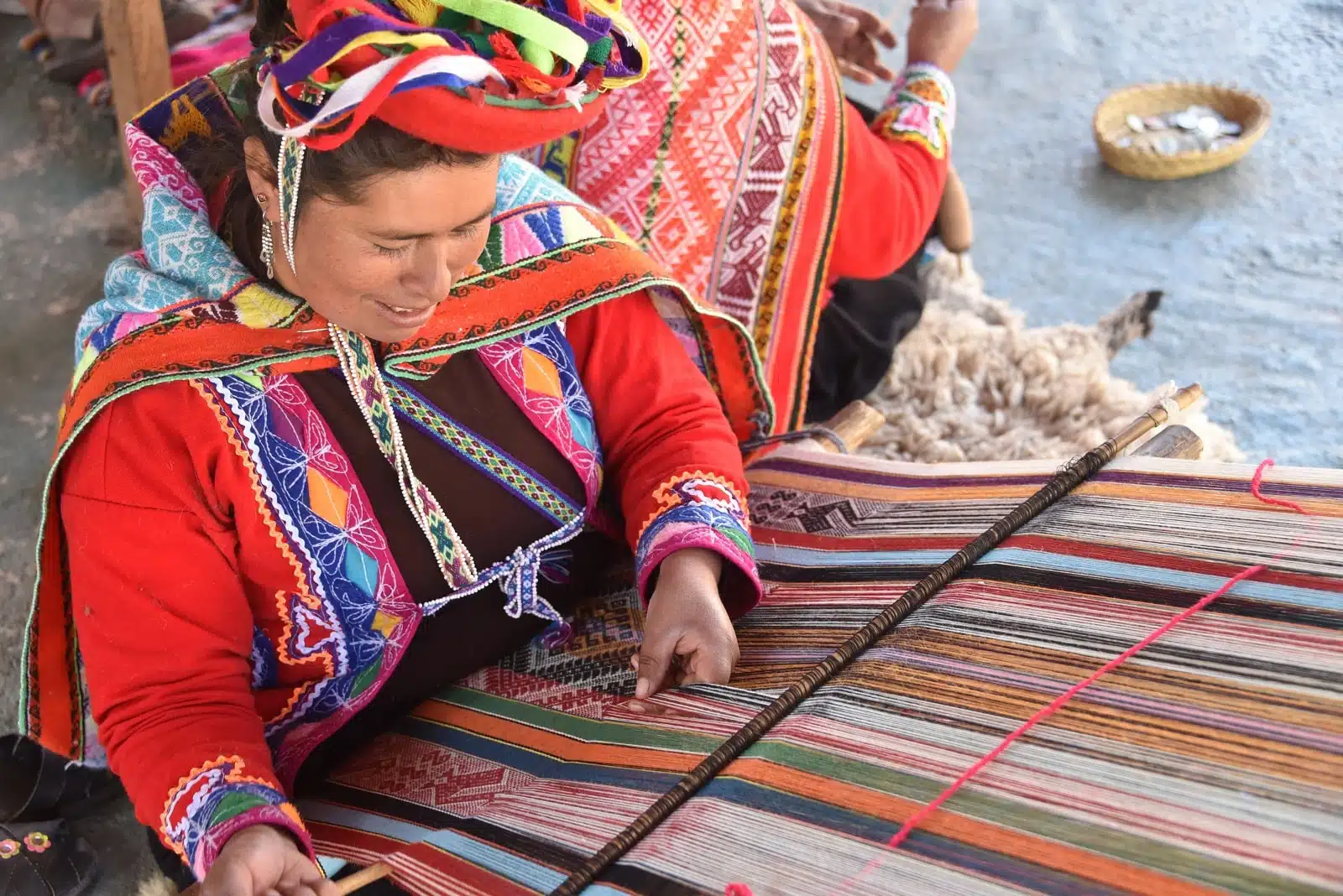
Image Credit: Shutterstock / Mark Green
In the high Andean regions of Peru and Bolivia, Quechua and Aymara women are the keepers of a weaving tradition that is both an art form and a language of cultural identity. Through their looms, these women tell stories of their communities, beliefs, and the landscapes surrounding them. As globalization presents new challenges, these artisans are finding ways to preserve their heritage while adapting to changing markets. Community-based tourism and cooperatives offer these women platforms to showcase their work on a global stage, providing sustainable livelihoods and fostering cultural preservation.
11. Women in the Tech Industry of Silicon Valley

Image Credit: Shutterstock / Monkey Business Images
Silicon Valley, the heart of the global tech industry, presents a landscape of both opportunity and challenge for women. Despite significant strides in recent years, women in tech continue to face barriers to entry, advancement, and equal pay. Initiatives to increase female representation in STEM, mentorship programs, and efforts to create more inclusive work environments are crucial. Celebrating the achievements of women who have broken through the tech industry’s glass ceiling serves as inspiration and a call to action for continued progress toward gender equality in the sector.
12. The Women’s Cooperative Movement in Rwanda
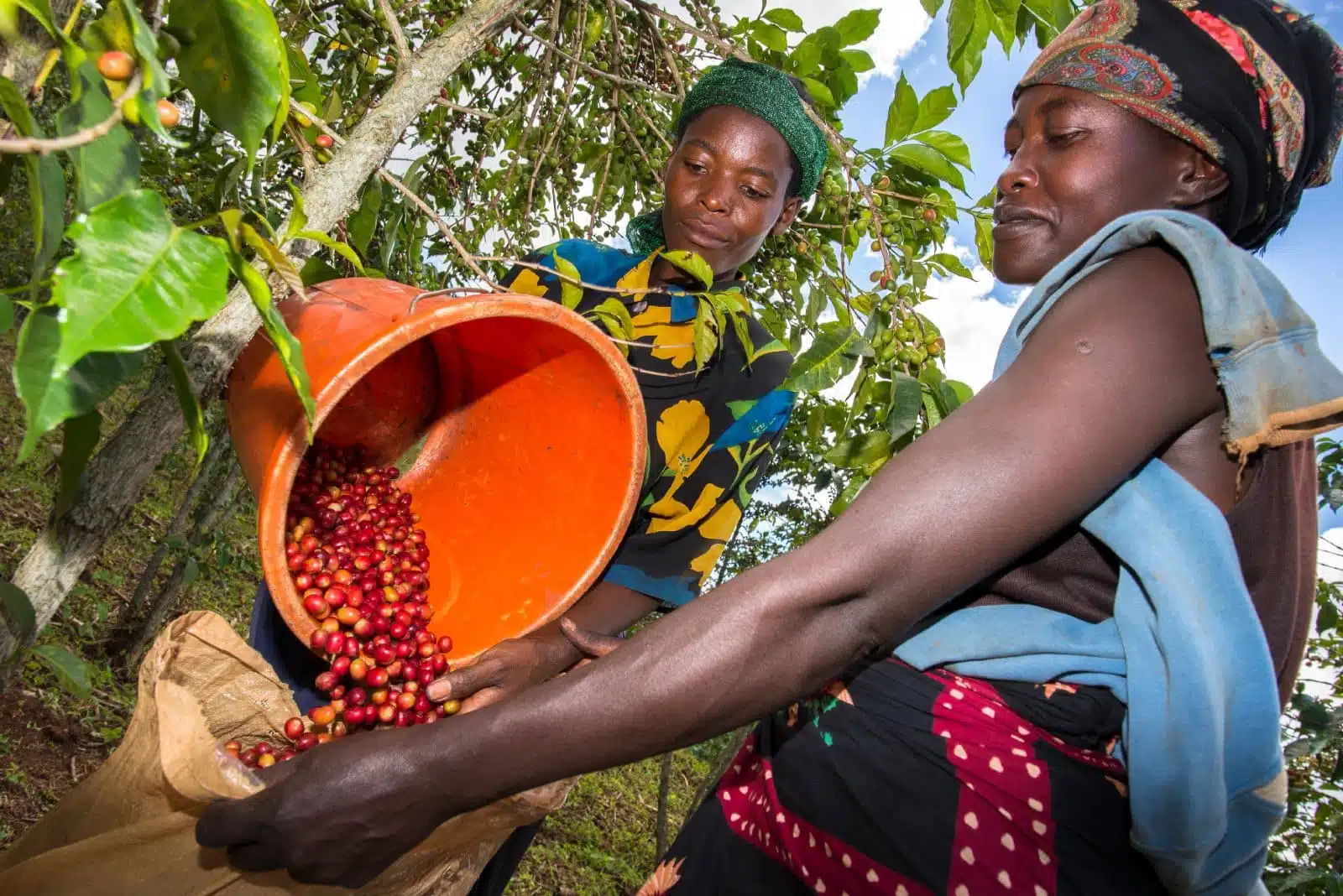
Image Credit: Shutterstock / Ilene Perlman
In the wake of the genocide, Rwandan women have played a pivotal role in healing and rebuilding their nation. The women’s cooperative movement in Rwanda highlights the power of collective action, with cooperatives across the country empowering women economically, socially, and politically. These initiatives have transformed communities, fostering reconciliation and development. The success of Rwandan women in creating a more equitable society underscores the significant impact of empowering women on national recovery and growth.
The Bottom Line

Image Credit: Shutterstock / Rawpixel.com
As we celebrate International Women’s Day 2024, it’s clear that the journey toward gender equality highlights the diverse experiences of women around the globe. From the traditional societies of the Minangkabau and the Maasai to the modern corridors of Silicon Valley, women are breaking barriers, preserving cultures, and leading change. Recognizing and supporting their achievements and challenges is crucial in our collective pursuit of a more equitable world. Let’s continue championing women’s rights, celebrating their contributions, and engaging in efforts to empower women in every corner of the globe. Together, we can ensure that every woman’s voice is heard, valued, and celebrated.
More From The Green Voyage
Top 10 Trending Travel Destinations 2024
6 Essential Banking Apps for International Travel – Managing Your Finances on the Go
Traveling With Kids – 10 Tips to Create Memorable Family Holidays
The post Celebrating International Women’s Day 2024 With a Journey Through Women’s Lives Around the Globe – Empowering Her Voice first appeared on The Green Voyage.
Featured Image Credit: Shutterstock / Rawpixel.com.
For transparency, this content was partly developed with AI assistance and carefully curated by an experienced editor to be informative and ensure accuracy.
Tips for Trip Success
Book Your Flight
Find an inexpensive flight by using Kayak, a favorite of ours because it regularly returns less expensive flight options from a variety of airlines.
Book Your Hotel or Special Accommodation
We are big fans of Booking.com. We like their review system and photos. If we want to see more reviews and additional booking options, we go to Expedia.
You Need Travel Insurance!
Good travel insurance means having total peace of mind. Travel insurance protects you when your medical insurance often will not and better than what you get from your credit card. It will provide comprehensive coverage should you need medical treatment or return to the United States, compensation for trip interruption, baggage loss, and other situations.Find the Perfect Insurance Plan for Your Trip
